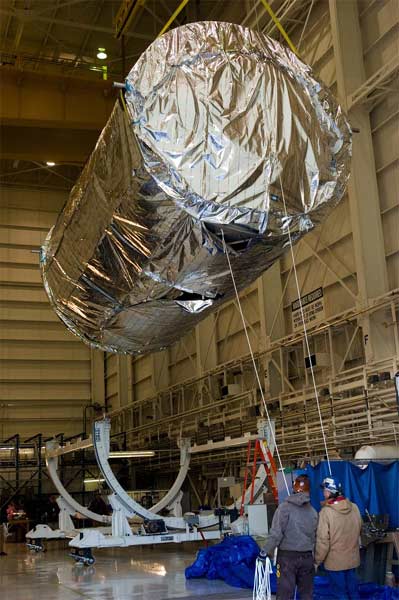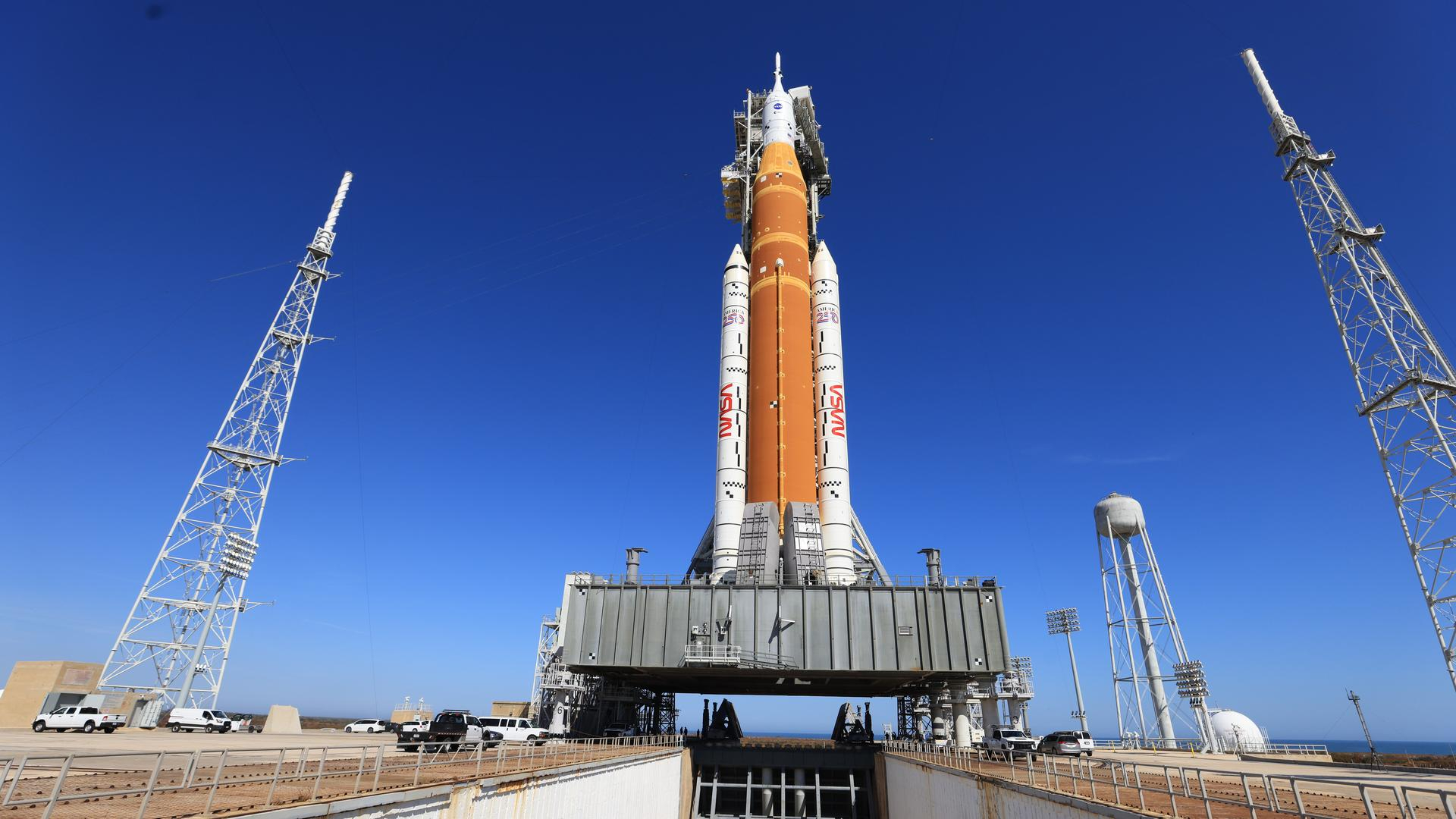NASA Recycles Former ISS Module for Life Support Research

Breaking space news, the latest updates on rocket launches, skywatching events and more!
You are now subscribed
Your newsletter sign-up was successful
Want to add more newsletters?

Delivered daily
Daily Newsletter
Breaking space news, the latest updates on rocket launches, skywatching events and more!

Once a month
Watch This Space
Sign up to our monthly entertainment newsletter to keep up with all our coverage of the latest sci-fi and space movies, tv shows, games and books.

Once a week
Night Sky This Week
Discover this week's must-see night sky events, moon phases, and stunning astrophotos. Sign up for our skywatching newsletter and explore the universe with us!

Twice a month
Strange New Words
Space.com's Sci-Fi Reader's Club. Read a sci-fi short story every month and join a virtual community of fellow science fiction fans!
A moduleonce destined to house astronauts aboard the International Space Station (ISS)has found a new purpose as a test bed for future life support systems.
Engineers atNASA's Marshall Space Flight Center (MSFC) inHuntsville, Alabama are refitting a cylindrical common module originally slatedas a space station habitation compartment for use in developing improved lifesupport systems for current and future spacecraft.
"We'reprimarily involved in regenerative air and water systems development for thespace station," said Robyn Carrasquillo, NASA'sengineering manager for Environmental Control and Life Support Systems at MSFC,in a telephone interview.
The 8,500-pound (3,855-kilogram) commonmodule was not yet modified to suit astronaut housing needs aboard the ISS dueto budget constraints that led station planners to pullthe habitation module from the launch manifest, NASA officials added.
The 29-foot (8.8-meter) long, 16-foot (4.8-meter) wide modulewill be connected to two others at MSFC that were designed specifically forlife support system research. Engineers use one existing module to studywastewater collection, while the other is filled with treadmills and hygieneequipment similar to that aboard the ISS, Carrasquillo said.
"We takethe humidity from condensation and sweat we generate and test our watersystem," she added.
The mockspace station allows engineers to simulate the atmosphere inside a spacecraftin which life support systems must function. Engineers can injectcontaminants into the air or water supplies and study how different systemsreact, Carrasquillo said.
Breaking space news, the latest updates on rocket launches, skywatching events and more!
The modulescan also help NASA engineers derive more efficient environmental controlsystems for future spacecraft, such as the planned Crew Exploration Vehicle(CEV) and others destined for long-duration missions.
"Right now,we're developing a candidate air system for the CEV and we'll be looking aheadto lunar base technology that will hopefully close the loop even further,"Robyn Carrasquillo, NASA's engineering manager forEnvironmental Control and Life Support Systems at MSFC, in a telephoneinterview. "Our goal is to completely close the air and water loops."

Tariq is the award-winning Editor-in-Chief of Space.com and joined the team in 2001. He covers human spaceflight, as well as skywatching and entertainment. He became Space.com's Editor-in-Chief in 2019. Before joining Space.com, Tariq was a staff reporter for The Los Angeles Times covering education and city beats in La Habra, Fullerton and Huntington Beach. He's a recipient of the 2022 Harry Kolcum Award for excellence in space reporting and the 2025 Space Pioneer Award from the National Space Society. He is an Eagle Scout and Space Camp alum with journalism degrees from the USC and NYU. You can find Tariq at Space.com and as the co-host to the This Week In Space podcast on the TWiT network. To see his latest project, you can follow Tariq on Twitter @tariqjmalik.
